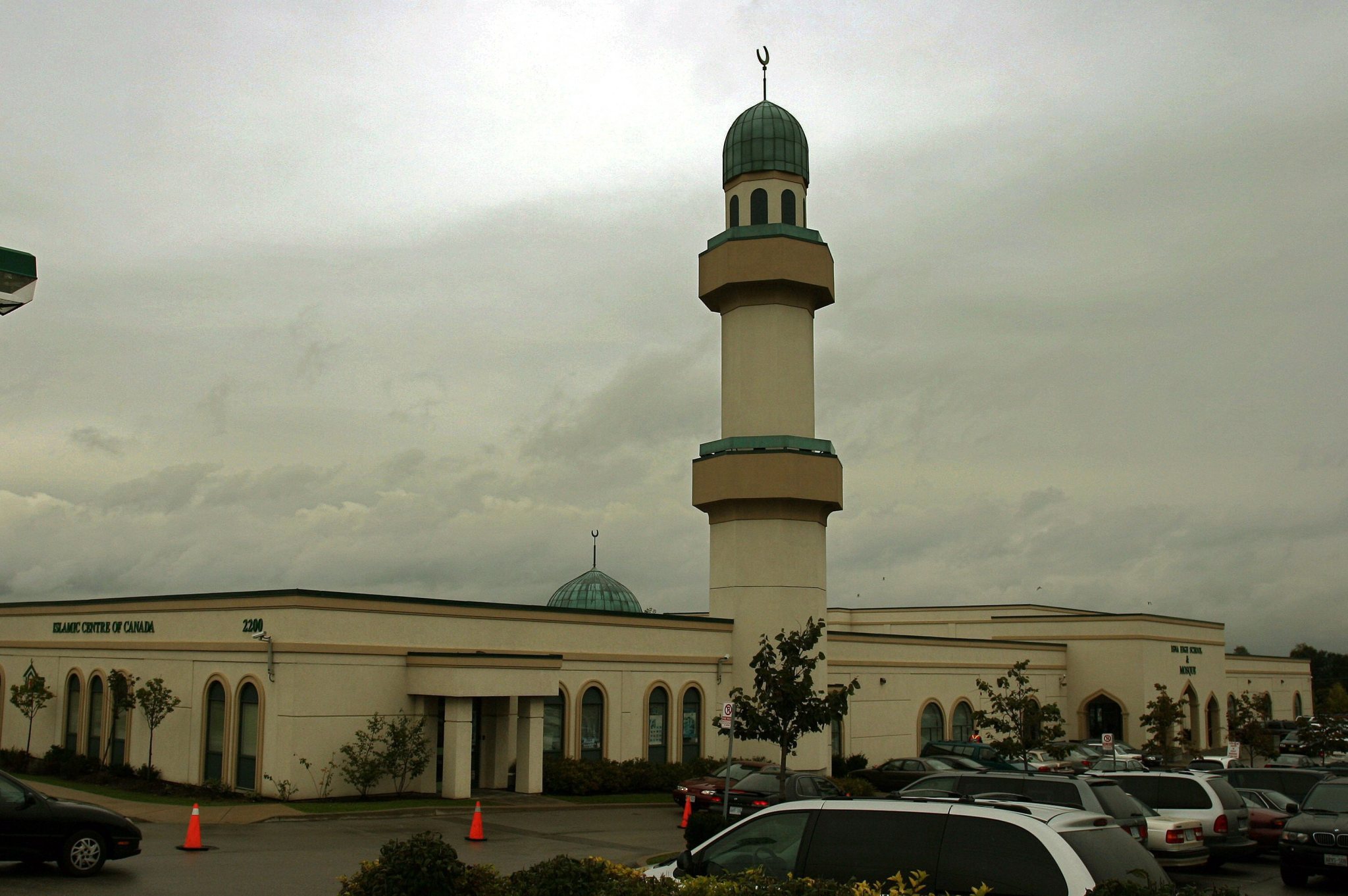That Old Adage: Where There's Smoke There's Fire
"Our concern was we have been hearing from individuals and groups in the Muslim community, that they've been facing increased audits and several questionable revocations [of charitable status from Canada Revenue Agency].""There's a lack of nuance and lack of clarity around who could be accused of supporting terrorism by interacting in complex situations with for example, hospitals, and other government ministries.""They undertake their own surveillance and monitoring of the charitable sector but they're not upfront about what that entails -- what kind of tools they use, how they verify the information that they're collecting, and what the scope is.""There's just an overall lack of transparency around where the information is coming [from] that leads to these audits."Tim McSorley, national coordinator, International Civil Liberties Monitoring Group"The Canada Revenue Agency does not select registered charities for audit based on any particular faith or denomination, nor does it maintain statistics tracking audits based on denominations.""The CRA is firmly dedicated to diversity, inclusion and anti-racism, aligning with our values of professionalism, integrity, respect and collaboration.""Being registered as a charity comes with both privileges and obligations under the law: The CRA has a responsibility to protect the integrity of the tax system and the charitable sector by ensuring that all registered charities follow the rules.""The CRA generally provides a charity with an opportunity to correct non-compliance through education or compliance agreements before resorting to other measures such as sanctions or revocation.""Only a very small proportion of charity audits conducted by the CRA result in serious consequences such as sanctions or revocation."Canada Revenue Agency
/cloudfront-us-east-1.images.arcpublishing.com/tgam/72FUTKOEPBKSVJ6ZYPMSTHU6I4.jpg) |
A sign outside the Canada Revenue Agency on May 10, 2021 in Ottawa. Adrian Wyld/The Canadian Press |
The
civil-rights group, the International Civil Liberties Monitoring Group
has taken it upon itself to complain in a new report it has produced
that the Canada Revenue Agency unfairly targets Muslim charities for
audits. In so doing, causing a disproportionate number of those
charities to lose their charitable status. This, in a government with
sensitive antennae tuned to discriminatory practices against Muslims as
proof of 'Islamophobia'.
The
Monitoring Group looked into the work of the Review and Analysis
Division of the CRA, a unit specifically designed for and charged with
identifying terrorist financing in connection with the charitable
sector. Taking tips from the public and sharing information with the
RCMP and Canada's intelligence agency, CSIS in a collaborative effort to
identify and root out charities that knowingly or not support terrorist
activities overseas, the group obviously fulfills a vital function.
It
was revealed in the report that between the years 2008 and 2015, 75
percent of the charities that have had their charitable status revoked
represented Muslim charities. This, despite Muslim charities being
representative of merely 0.47 percent of overall charities. During that
period 15 charities were audited by RAD, among them, eight charities
lost their status, six were Muslim, staged around mosques or other
Islamic organizations. The Muslim community, stated Mr. McSorley, feels
targeted.
Some of the charities lost their charitable status, resulting from 'controversial' (as in inciting to violence) speakers
invited to mosques, others resulting from funds they provided having
found their way to the use of terrorist groups despite that they were
originally sent for the provision of aid in Muslim countries. Evidence
the CRA uses to determine that a charity's funds are used to support
terrorism is not clear, according to Mr. McSorley, to whose group
Muslims from the targeted groups complained about their unfair and
unequal treatment.
According
to Mr. McSorley's understanding, charities have been sanctioned for
collected donations they transfer to relief organizations overseas with
connections to terrorist groups. Mr. McSorley charged that the CRA is
reliant on tips from the public, and as well monitors the sector using
unclear methods. Furthermore, though some of the charities had their
status revoked for supporting terrorist entities none among them were
criminally charged for such offences. The consequences of the charities
losing their official status has led to the groups' banking services
being suspended.
The
CRA, in its defence stressed that charitable status requires
organizations adhere to specific rules. When a status is revoked it is a
reflection of rules being broken. Revocation of charitable status is
used as a last resort. The puzzling part of the issue and the
representation by the Civil Liberties Monitoring group is that the clear
connection between these charities and their support, whether by
deliberation or happenstance, of terrorist groups is known and
documented, yet the civil rights group pressed the Agency to 'explain'
their decision-making.
 |
| General view of the ISNA Mosque on South Sheridan Way, Mississauga Ontario.PHOTO: Fernando Morales-The Globe and Mail. Fernando Morales/The Canadian Press |
Labels: Canada Revenue Agency, Charitable Status, Civil Liberties Association, Muslim Charities, Revocation

<< Home